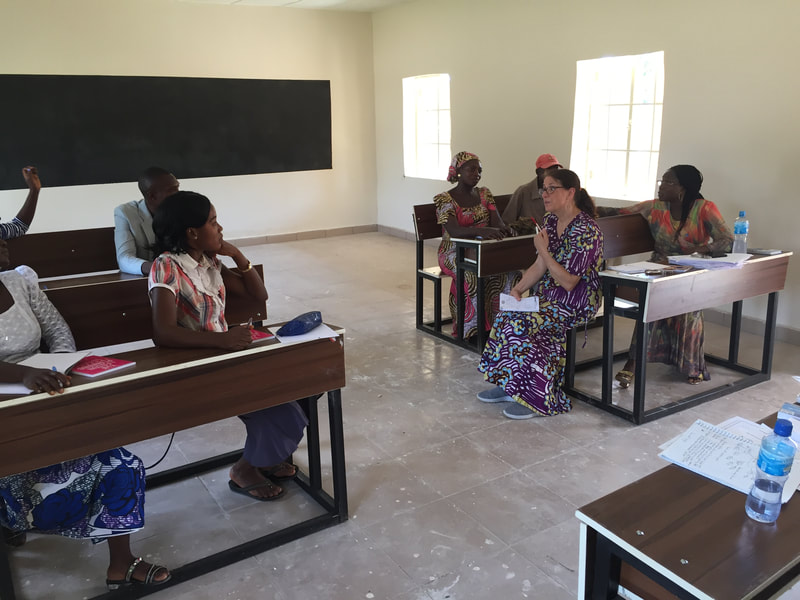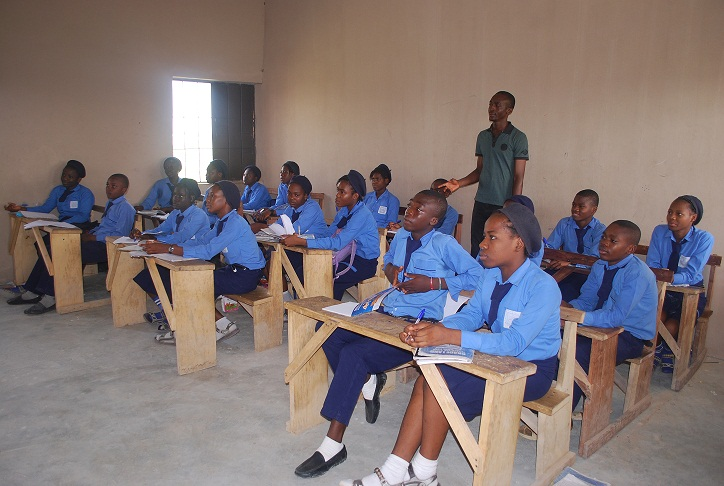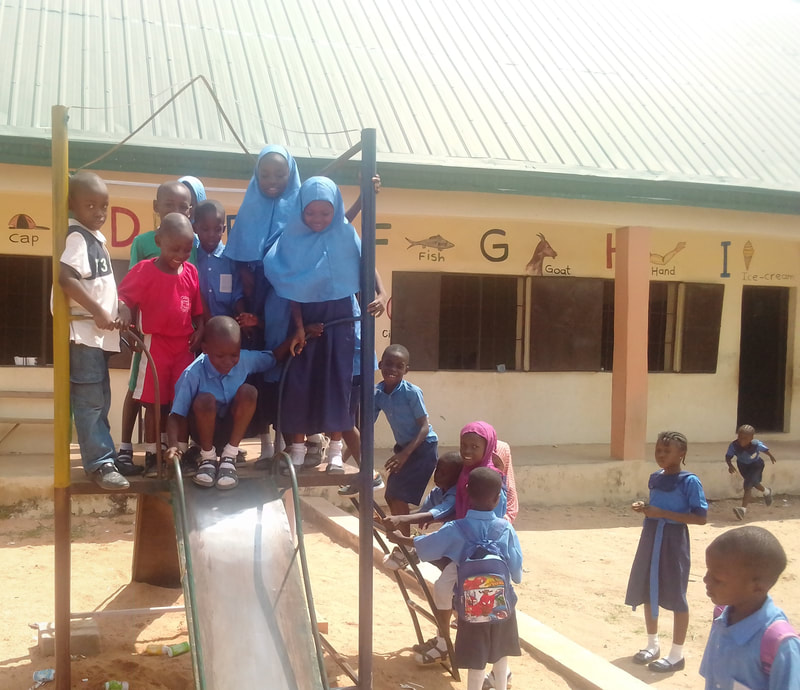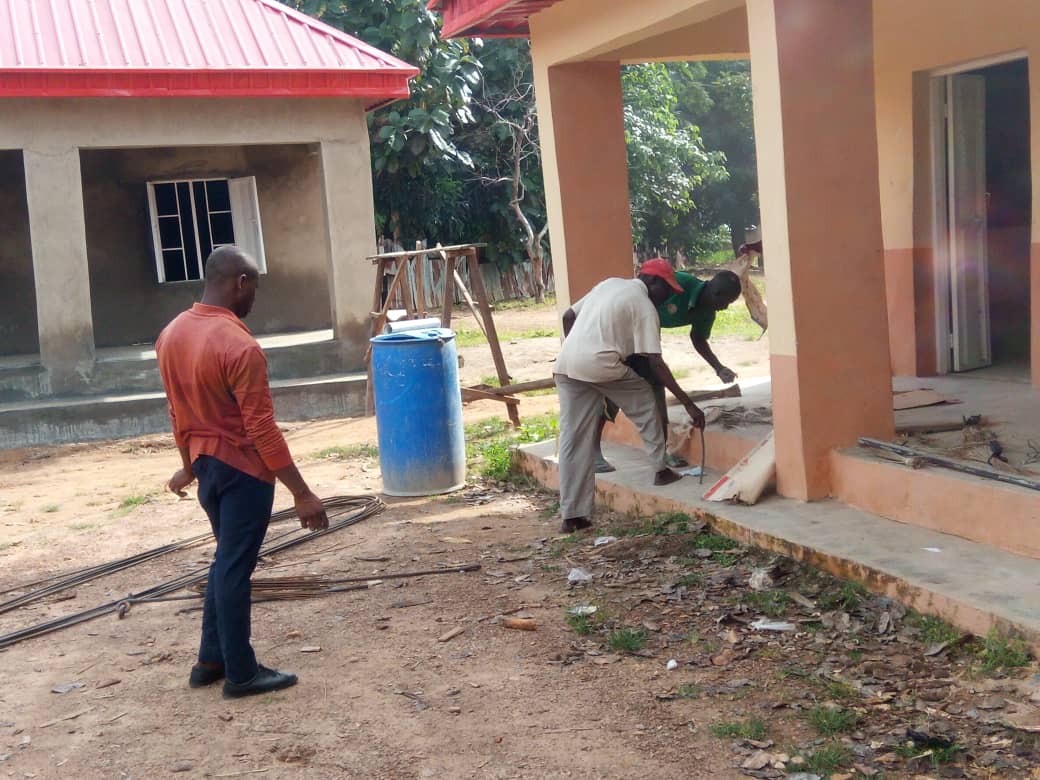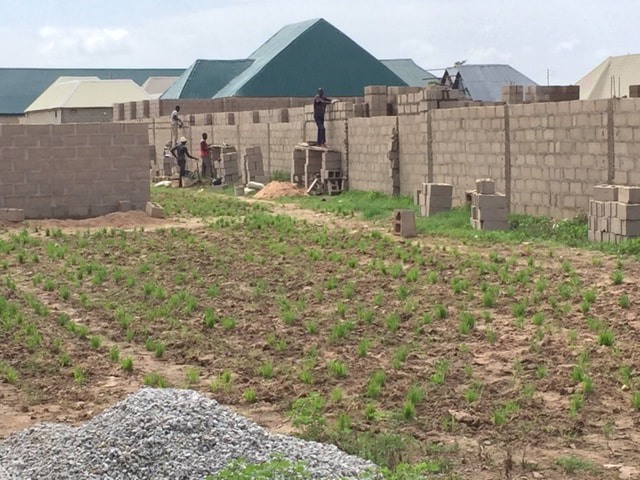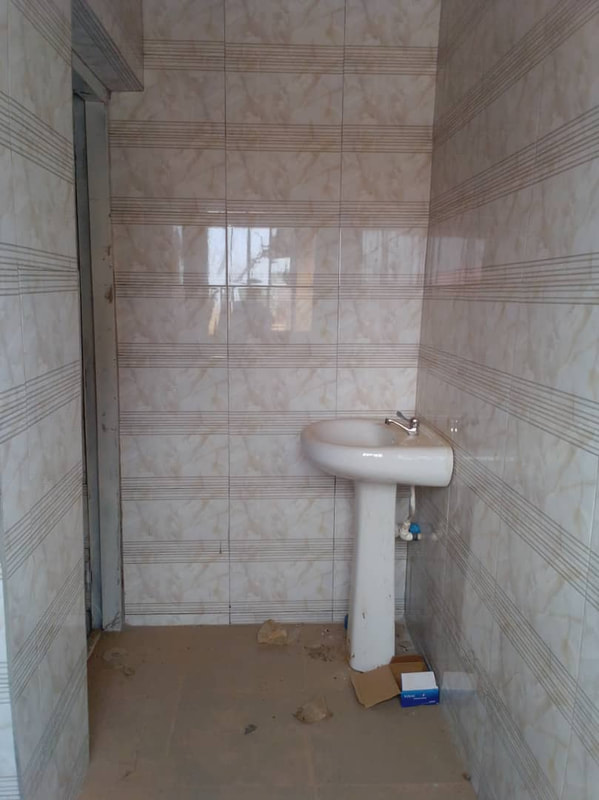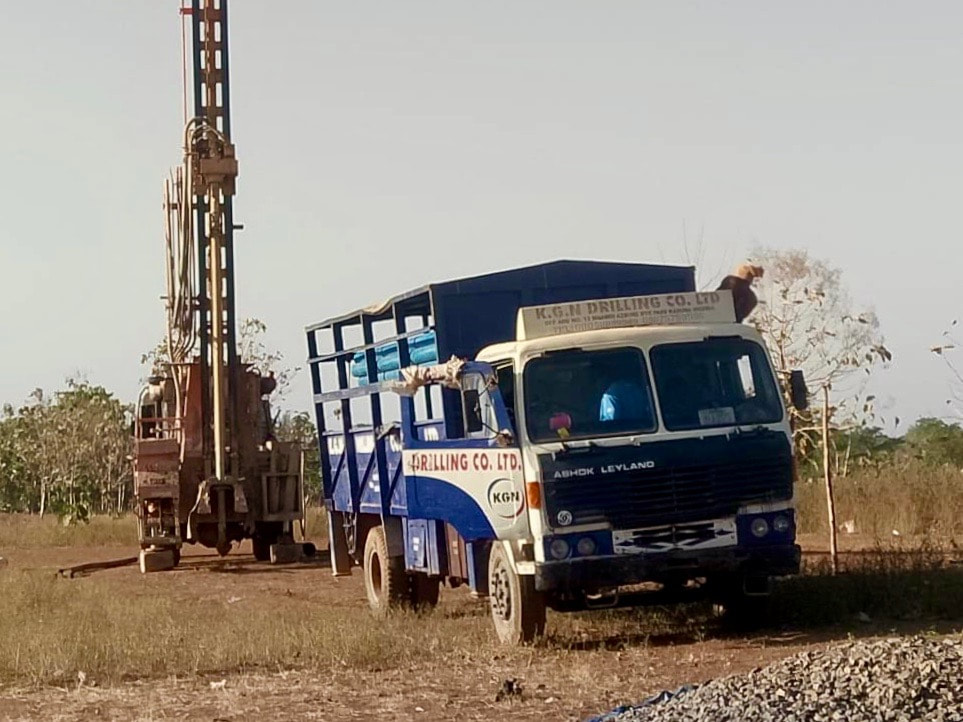Education fast facts: NIGERIA
Did you know...
School population grows exponentially with each renovation and new construction. It serves as a beacon of hope -- that there is growth and new life in the community. It allows for teachers and students to feel they are worth being invested in. And the payoff of each investment -- access to education for all children -- is priceless.
Education is, quite simply, the foundation for everything else. AEP is working at the grassroots level to help provide quality education with the necessary supplies to the rural impoverished, regardless of background.
- Nigeria is the most populous country in Africa with 213,000,000 people as of 2021 census.
- Almost 46% of the population is 14 years or under.
- Just over 27% of children between the ages of 6-11 do not attend school.
- Almost 26% of children between 12-18 have no access to education.
- Less than half of the girls in the north attend school.
- 3 in 5 girls and boys are victims of violence.
- 23 million girls and women are married as children.
- Only 11% of schools have access to clean water, toilets, and basic sanitation services.
School population grows exponentially with each renovation and new construction. It serves as a beacon of hope -- that there is growth and new life in the community. It allows for teachers and students to feel they are worth being invested in. And the payoff of each investment -- access to education for all children -- is priceless.
Education is, quite simply, the foundation for everything else. AEP is working at the grassroots level to help provide quality education with the necessary supplies to the rural impoverished, regardless of background.
educational support
Whenever possible, AEP provides funding for new classroom furniture, playground equipment, and educational supplies. When travel is possible, an AEP team member meets with teachers and students on ground to share ideas and materials and work to solve common educational issues that arise.
scholarships
The cost to educate a child in the areas where AEP is working averages about $300 per year. Included in educational expenditures are tuition, books, uniforms, and associated educational expenses including fuel to run generators, maintenance, and replenishment of basic supplies. When one thinks of the average per-pupil expenditure here in the United States, $300 seems an insignificant amount.
The AEP Education Fund is a new endeavor for us. By raising amounts in $300 increments, we will be able to provide scholarships for a list of children waiting to start their educational journey.
The AEP Education Fund is a new endeavor for us. By raising amounts in $300 increments, we will be able to provide scholarships for a list of children waiting to start their educational journey.
Construction and safety
AEP works closely with established partners in Nigeria to provide quality schools. Depending on the expressed and prioritized needs of the Nigerian teams, AEP provides funding for brand new school buildings or when possible, renovations to existing structures. Blueprints are provided for new construction and budgets developed. Renovations include complete overhauls to both the exterior and interior. Wiring, plastering, tiling, additions of shutters and doors, and painting are all considered budgeted items.
Perimeter walls around school sites are a necessity for our partners. AEP has helped fund several of these expansive walls to secure school grounds. Perimeter walls also help define the school boundaries to prevent encroachment from outsiders looking for “available” land.
Perimeter walls around school sites are a necessity for our partners. AEP has helped fund several of these expansive walls to secure school grounds. Perimeter walls also help define the school boundaries to prevent encroachment from outsiders looking for “available” land.
water and sanitation
Water and sanitation are critical components to any school project. Not only do these provisions enhance the comfort of both students and staff, they enhance the health of all.
Clean water and adequate sanitation facilities are unavailable in about one third of the schools in Nigeria, an appalling statistic. The provision of boreholes or wells can lead to a decrease in water-borne diseases caused by drinking contaminated water. The surrounding community also benefits from the provision of clean water.
Separate toilet buildings with block-lined waste pits that can be emptied prevent defecation around the surrounding school grounds and limit the spread of disease. In addition, hand washing stations help ensure that children learn proper health care.
Clean water and adequate sanitation facilities are unavailable in about one third of the schools in Nigeria, an appalling statistic. The provision of boreholes or wells can lead to a decrease in water-borne diseases caused by drinking contaminated water. The surrounding community also benefits from the provision of clean water.
Separate toilet buildings with block-lined waste pits that can be emptied prevent defecation around the surrounding school grounds and limit the spread of disease. In addition, hand washing stations help ensure that children learn proper health care.
Sources: UNICEF Nigeria Facts Sheets on Water, Sanitation & Hygiene; Education; Child Protection; Situation of Women & Children
